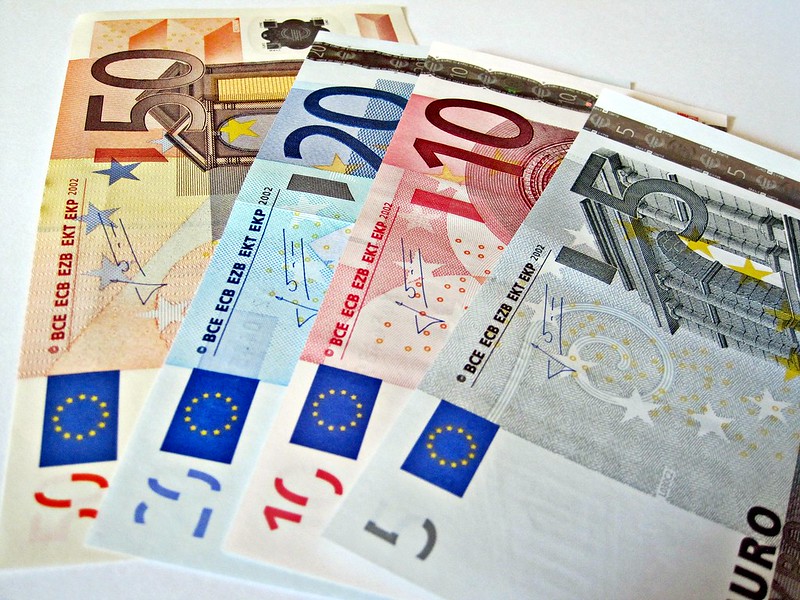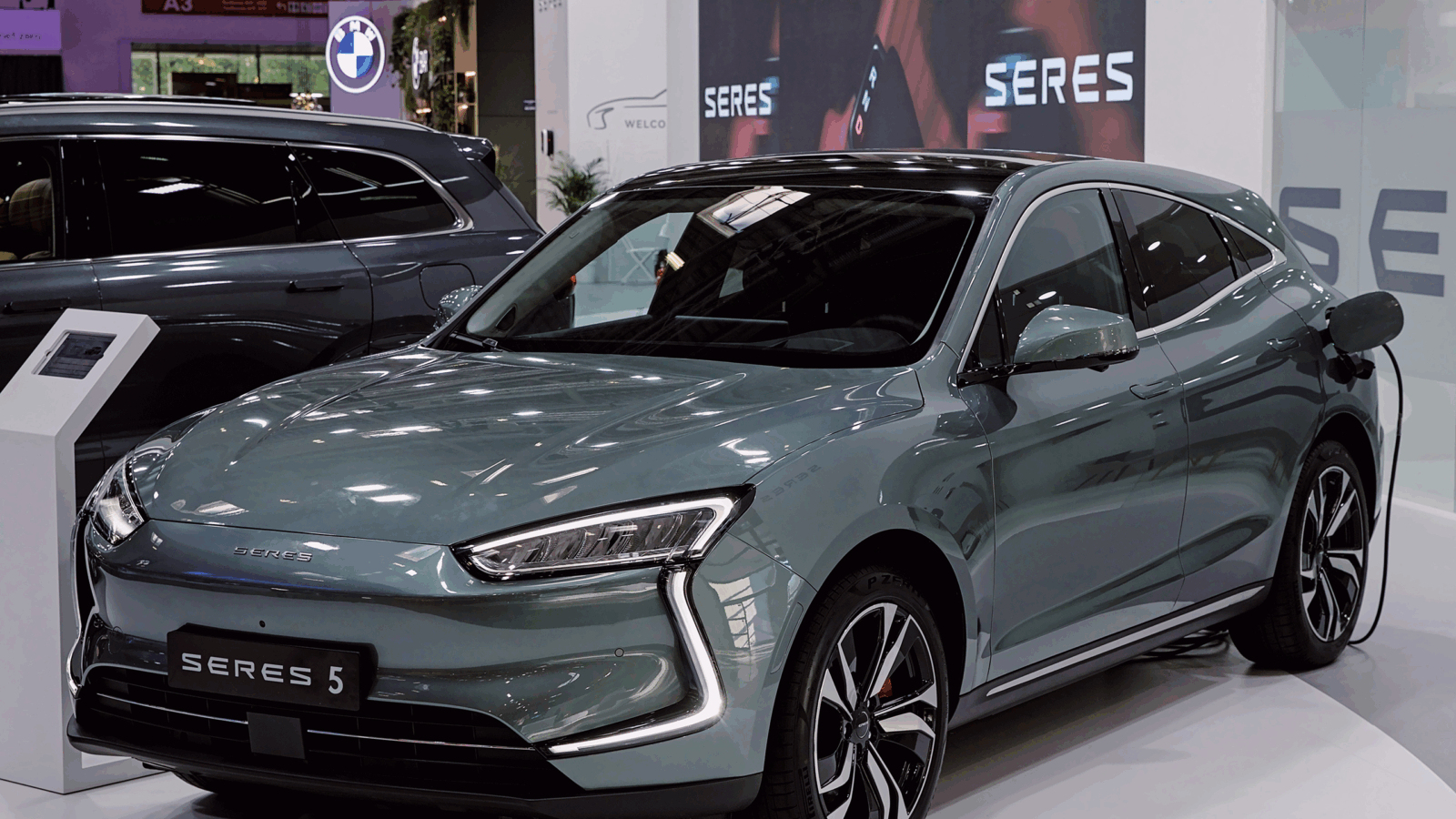
Sign up for smart news, insights, and analysis on the biggest financial stories of the day.
In Italian culture, there are some things you don’t mess with, like the simplicity of a cacio e pepe, the cut and polish of Persol sunglasses, the unisex design of a classic Vespa Siluro — or paying in cash.
In a recent draft budget proposal for 2023, Italy’s new far-right Prime Minister Giorgia Meloni proposed granting Italian merchants the right to refuse digital payments for certain transactions — making good on a marquee campaign trail promise while defying directions from Brussels.
Don’t Give ‘em Credit
While most people under the age of 30 may view cash as a cumbersome, inefficient, or perhaps even a downright foreign vehicle for completing transactions, one Italian group in particular wants to keep actual paper money in circulation: small business owners. That’s because digital transactions, like swiping or tapping a credit card, incur small fees from the big banks facilitating them, effectively levying a tax on business owners. And if there’s one thing Italians loathe as much as peas in a carbonara, it’s paying taxes — de facto or otherwise.
The Italian government has long encouraged the shift toward digital payments, in part to tap down on widespread tax evasion — Italy’s shadow economy was estimated at around €183 billion in 2019. While EU leaders in Brussels are pushing for greater use of digital payments to accelerate growth in a post-covid world, Italians are digging in their heels. Meloni’s proposals add some high-proof grappa to the fiery debate:
- On average, the Italian consumer swipes a payment card only 85 times a year, by far the lowest in Europe and below the continent’s 156-digital-transaction average. The act is typically reserved for costlier purchases, with Italian consumers averaging an unusually high digital transaction price of €47.50.
- Big businesses typically pay a fee between 0.5% and 1.5% to banks and payment providers for digital transactions, and small businesses often have to pay even more. Meloni’s proposal would allow businesses to refuse digital payments for any transaction under €60 while raising the cash-purchase limit from €1,000 to €5,000.
La Vita e Bella…with cash: Of course, critics note Meloni’s proposal would create more problems than it solves. “It could be that the fees on [card] payments . . . are a little higher than in other countries, but in that case the solution is to negotiate with the bank system and align [them],” Antonella Trocino, a lecturer in economics at Rome’s Luiss University, told the Financial Times. Sounds like Italy’s going to have to make the banks an offer they can’t refuse.











